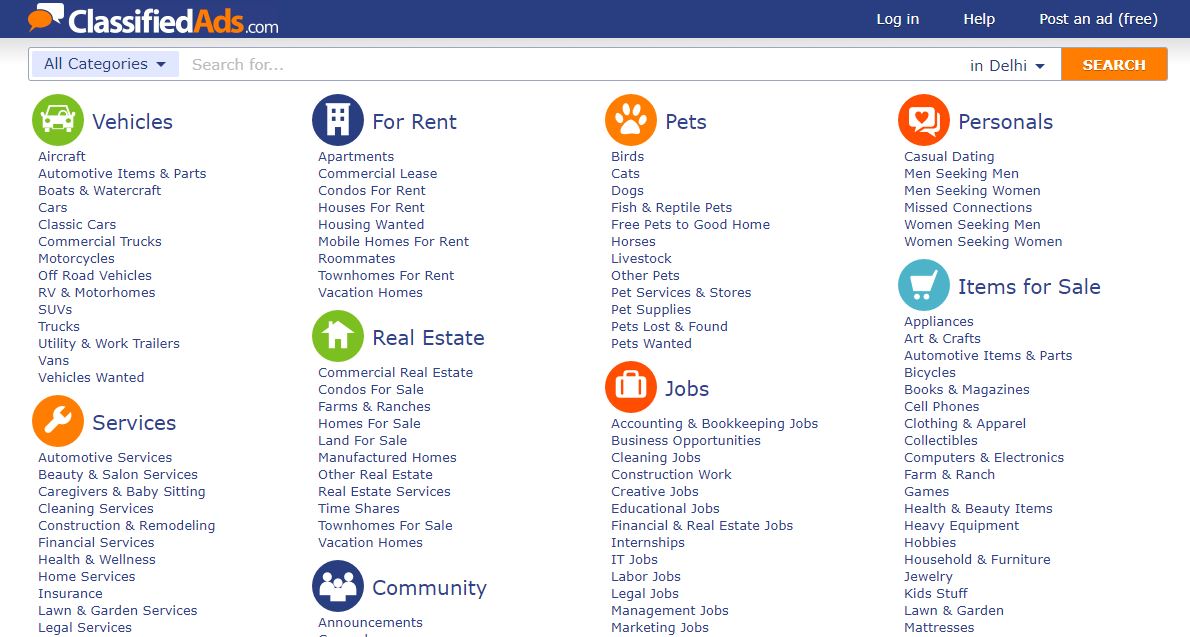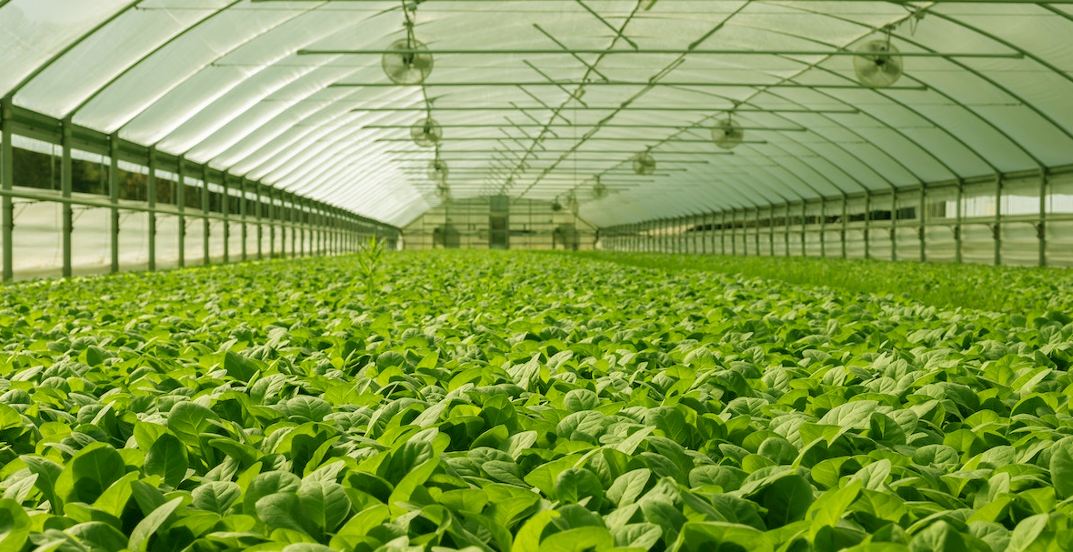Optimal productivity at work. Who wouldn’t want that? But what constitutes productivity in the workplace anyway? Effectiveness and efficiency play the decisive role here. Are the tasks to be completed aligned with a clear objective (effectiveness)? Have the means to achieve them been optimally selected (efficiency)? A productive way of working keeps company costs down, helps to achieve more output (work per time) and ensures the company’s competitiveness. Optimal productivity has a positive effect on the office culture and increases employee motivation.
Productivity killer
Distraction from work is a common productivity killer. Those who are frequently interrupted at work perform less. This happens due to checking e-mails frequently, an unsettled work environment (such as in open-plan offices) or attending meetings that contribute nothing to the actual work. Furthermore, poor office equipment or even a bad working atmosphere reduces work performance. But also own mistakes reduce productivity, like clutter in the workplace.
What can increase productivity?
The ergonomic workplace
The productivity killers provide the first clues: An ergonomic workplace ensures relaxed working. Consequence: the work goes more easily from the hand. Let’s start with lighting. Direct lighting is disturbing and tiring. Indirect light from suitable luminaires is better. The temperature in the office should not be too high or too low. Most people find it most comfortable to work at temperatures between 20 °C and 22 °C. When working at the computer, the right distance from the screen, an upright posture and an ergonomic office chair are indispensable. A height-adjustable desk or standing desk completes the picture. An effective prevention against back problems.
Flexible working hours
Not everyone calls in their work at the same time as their colleagues. One person is particularly productive in the early morning hours, another around lunchtime. Flexible working hours accommodate these differences. In addition, for employees with children, childcare requires flexible alternation between the workplace and childcare. Flexible working hours prevent the productivity killers time pressure and stress, which is why modern companies offer their employees individual working hours.
Order in the workplace
When there’s a lot to do, a certain amount of clutter can creep onto the desk. This in turn slows down productivity. That’s why it’s a good idea to tidy up your desk thoroughly before you leave for the day or before you start work. The effort is worth it. A well-organized desk promotes productive work.
Regular breaks
It’s a misconception to assume that working through without a break increases productivity. The opposite is true. Working too long at a stretch noticeably decreases work productivity. People who take regular breaks are more productive than those who work without a break. A short coffee break or a short walk is enough to clear your head.
A good indoor climate
The indoor climate in the office has a noticeable influence on the quality of work. An improvement of the indoor climate can be achieved with plants. Plants provide better air, reduce stress and increase well-being during work. Plants have a relaxing effect and a beneficial influence on mental well-being.
Time management
What is important is not the amount of time spent working, but the results of the work achieved. The number of hours invested says nothing about the productivity of what we do. The decisive factor for productivity is the efficiency used and the effectiveness achieved.
The To-Do List
A proven means of increasing productivity: the tried and tested to-do list. Not all activities that need to be done are equally important. Those who set priorities work more effectively. Individual tasks can be processed in order of decreasing importance.



